There’s a big learning curve to using miles & points well. As many OMAAT readers can attest to, it can take some effort to redeem for first & business class award travel, but the benefits of doing so can be awesome.
While most of us would never pay cash for international first & business class tickets (they can sometimes cost $10,000+), miles make these kinds of experiences attainable, for pennies on the dollar. Admittedly it’s sometimes overwhelming for people to get into miles & points, so once in a while I think it makes sense to go back to the basics and look at the “big picture” of redeeming miles.
If you’ve redeemed miles for an international first or business class partner award ticket at the saver level, feel free to skip this post, as you likely won’t learn a lot. If you’ve redeemed miles mostly for domestic flights at the “rule buster” or standard award rate, hopefully this post helps. And if you have any questions, let me know in the comments section below.
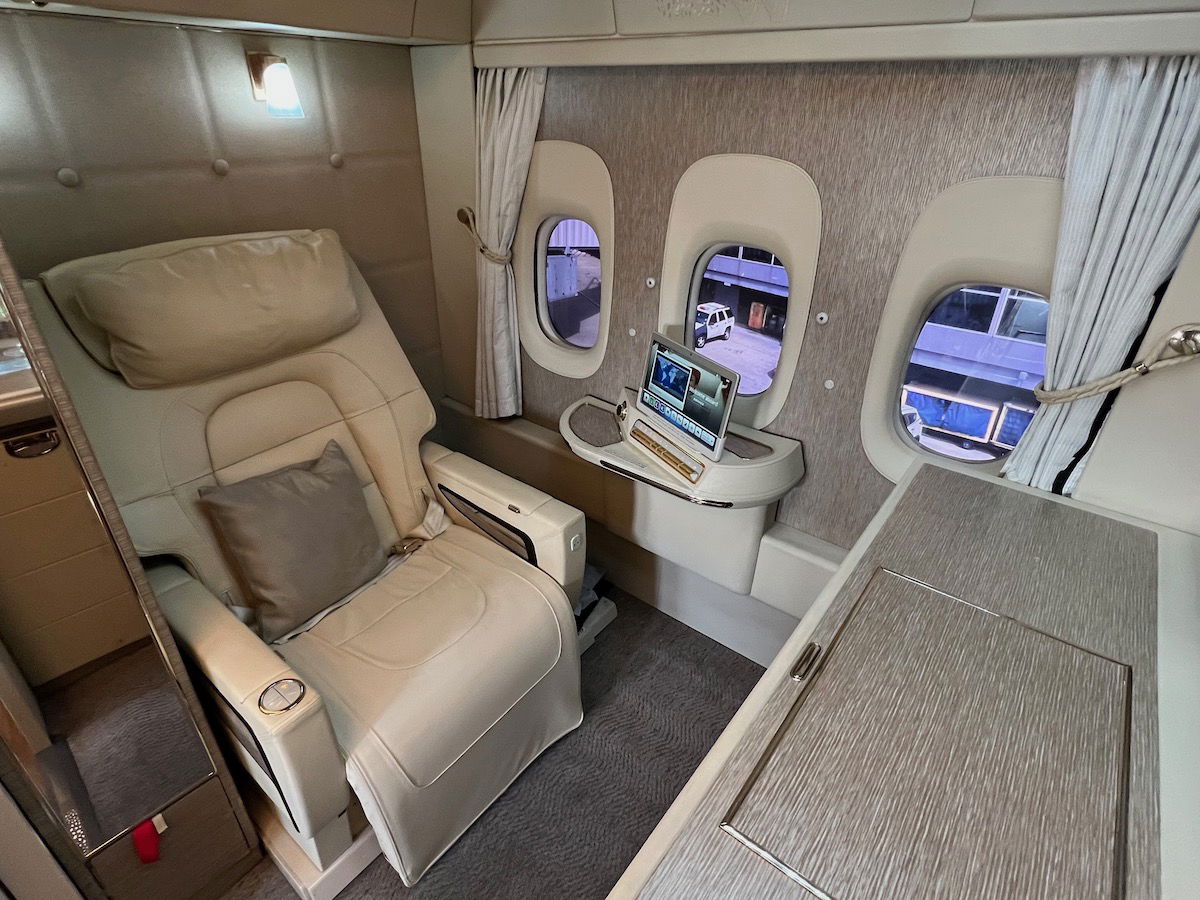
With that in mind, below are my top tips for maximizing how you redeem your airline miles, roughly ranked in the order that I think they’re important.
In this post:
Earn flexible points currencies with credit cards
Most savvy consumers in the United States with good credit don’t earn a majority of their airline miles through actually flying, but rather through credit cards. Credit cards offer huge welcome bonuses, and great bonus categories on spending. While you could get an airline credit card and earn a specific mileage currency, I wouldn’t recommend that in general.
Instead I’d recommend getting credit cards that earn transferable points currencies. Specifically, I’m talking about the following four main currencies:
- Amex Membership Rewards points, with cards like the American Express® Gold Card (review)
- Capital One miles, with cards like the Capital One Venture Rewards Credit Card (review) and Capital One Venture X Rewards Credit Card (review)
- Chase Ultimate Rewards points, with cards like the Chase Sapphire Preferred® Card (review) and Chase Sapphire Reserve® Card (review)
- Citi ThankYou points, with cards like the Citi Strata Premier® Card (review)
Not only do these cards often have massive welcome bonuses and a great return on spending, but the key thing they offer is flexibility. Points currencies all have different values, and the beauty of transferable points currencies is that you can transfer them to over a dozen partner programs at a 1:1 ratio.
In other words, instead of earning a specific mileage currency that could easily be devalued overnight and that offers limited flexibility, earn points that can be transfered to over a dozen programs, and in turn can be redeemed on 100+ airlines.
Just as an example, below are the Chase Ultimate Rewards transfer partners, all of which allow 1:1 transfers.
Airline Partners | Hotel Partners |
|---|---|
IHG One Rewards | |
United MileagePlus | |
Why earn just Air Canada points, or JetBlue points, or Southwest points, or United miles, when you can use a card that earns points that could later be transfered to any of those programs? As I’ll explain below, you’re not limited to actually flying those airlines, as those airlines have lots of other partnerships as well.
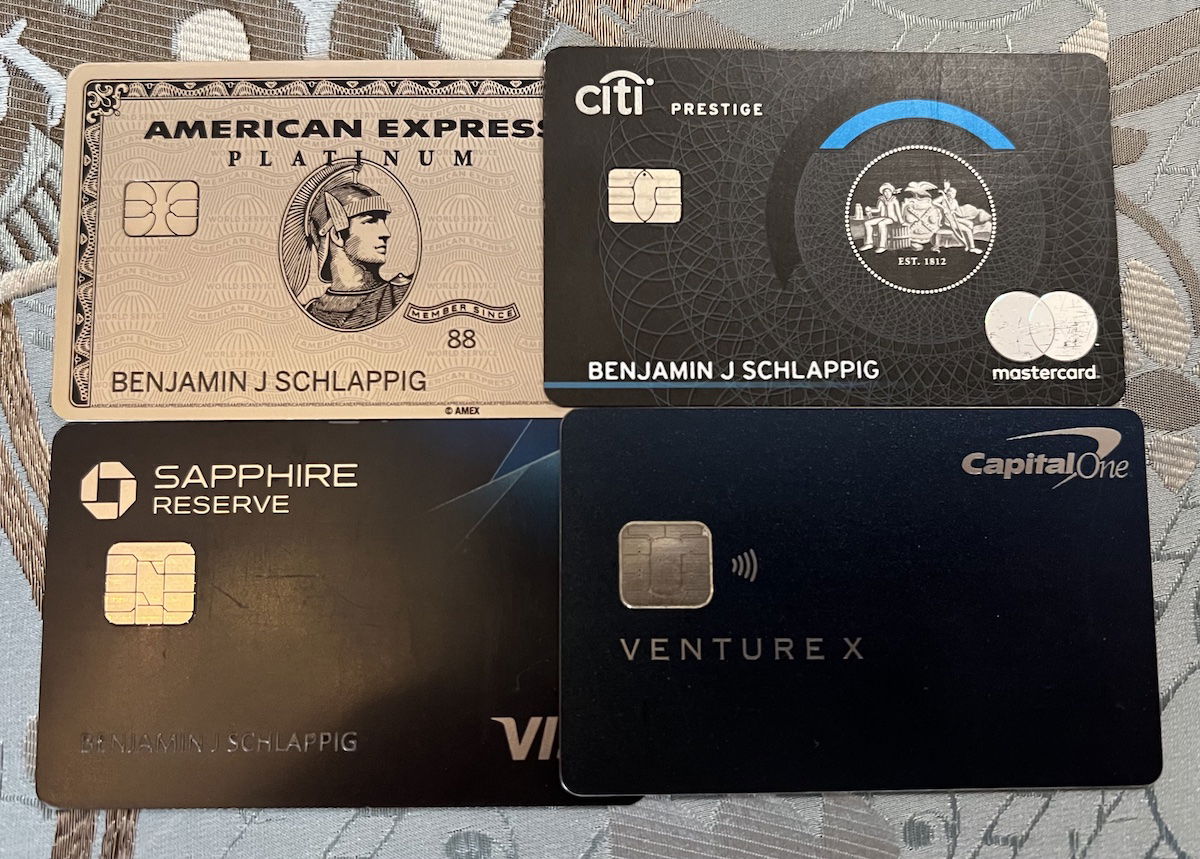
Understand airline partnerships & alliances
Most people assume that they should earn miles with the airline that they actually want to fly with. Well, that’s not the case, and this creates the beautiful world of award redemption arbitrage opportunities. Most airlines have a variety of partnerships with other airlines, whereby you can earn or redeem miles when traveling with one of their partner airlines.
This is designed to give loyal passengers of each airline as much global coverage as possible — since an airline can’t take you everywhere in the world, hopefully their partners can at least get you close. Many airlines belong to one of the “big three” alliances (oneworld, SkyTeam, and Star Alliance), while other airlines just have individual partnerships.
Air Canada Aeroplan points are among my favorite points currencies, so let me use that as an example, as the program is transfer partners with three of the four major transferable points currencies. On top of that, Air Canada belongs to the Star Alliance, so you can redeem your Aeroplan points on any Star Alliance airline (listed below).
Aegean Airlines | Austrian Airlines | EVA Air | TAP Air Portugal |
Air Canada | Avianca | LOT Polish Airlines | Thai Airways |
Air China | Brussels Airlines | Lufthansa | Turkish Airlines |
Air India | Copa Airlines | Shenzhen Airlines | United Airlines |
Air New Zealand | Croatia Airlines | Singapore Airlines | |
All Nippon Airways | EgyptAir | South African Airways | |
Asiana Airlines | Ethiopian Airlines | SWISS |
But it gets even better than that. Aeroplan has all kinds of partnerships with non-Star Alliance airlines, ranging from Air Mauritius, to Air Serbia, to Azul, to Gulf Air, to Oman Air — the redemption possibilities are just about endless. So always research the website of the airline with which you have miles, in order to figure out who they partner with.
Let me give one last example of this, which demonstrates the extent to which there are arbitrage opportunities. Say you want to fly All Nippon Airways’ amazing first class from the United States to Japan (assuming you could find award availability).
All Nippon Airways belongs to the Star Alliance, so you could book through United MileagePlus. The catch is that United charges a minimum of 242,000 MileagePlus miles one-way for such an award. Say you could instead earn Virgin Atlantic Flying Club points (Virgin Atlantic partners with all major transferable points currencies). That award would now cost you just 72,500-85,000 points, which is less than half as much.
Now, all that being said, there are discrepancies in award availability between programs. We are increasingly seeing some airlines add restrictions when it comes to redeeming partner rewards currencies, so do keep that in mind.
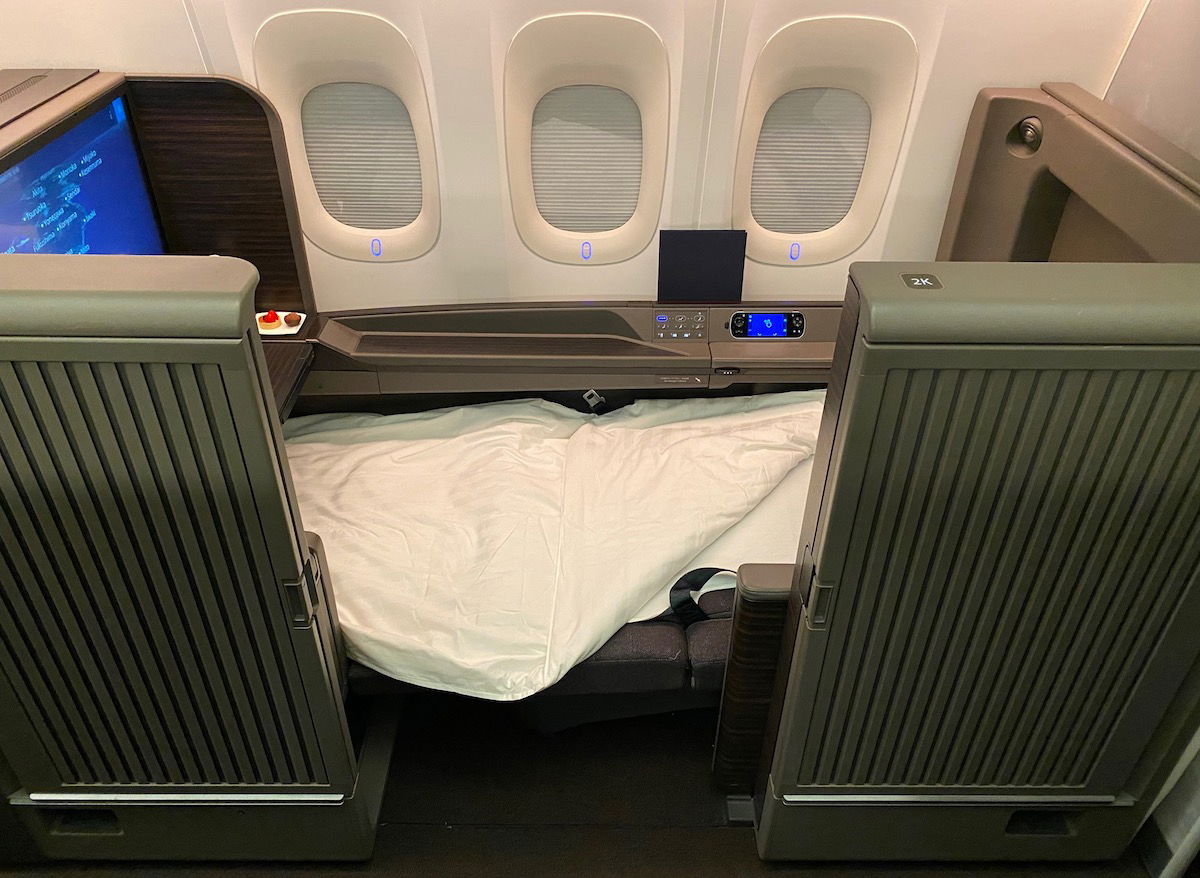
Redeem miles for first & business class
The average consumer assumes that an international first or business class ticket isn’t a realistic goal. While that might be true if you have to pay cash, it’s a different story if you have access to miles. In many cases, a credit card welcome bonus alone is enough for an international first or business class ticket.
The reality is that while an international first class ticket might cost 10x as much as an economy ticket when paying cash, it might only cost 2-3x as much when paying with miles. Obviously everyone has different travel goals, but if you’ve always dreamed of flying first or business class and have a good credit score, know that this is a realistic goal.
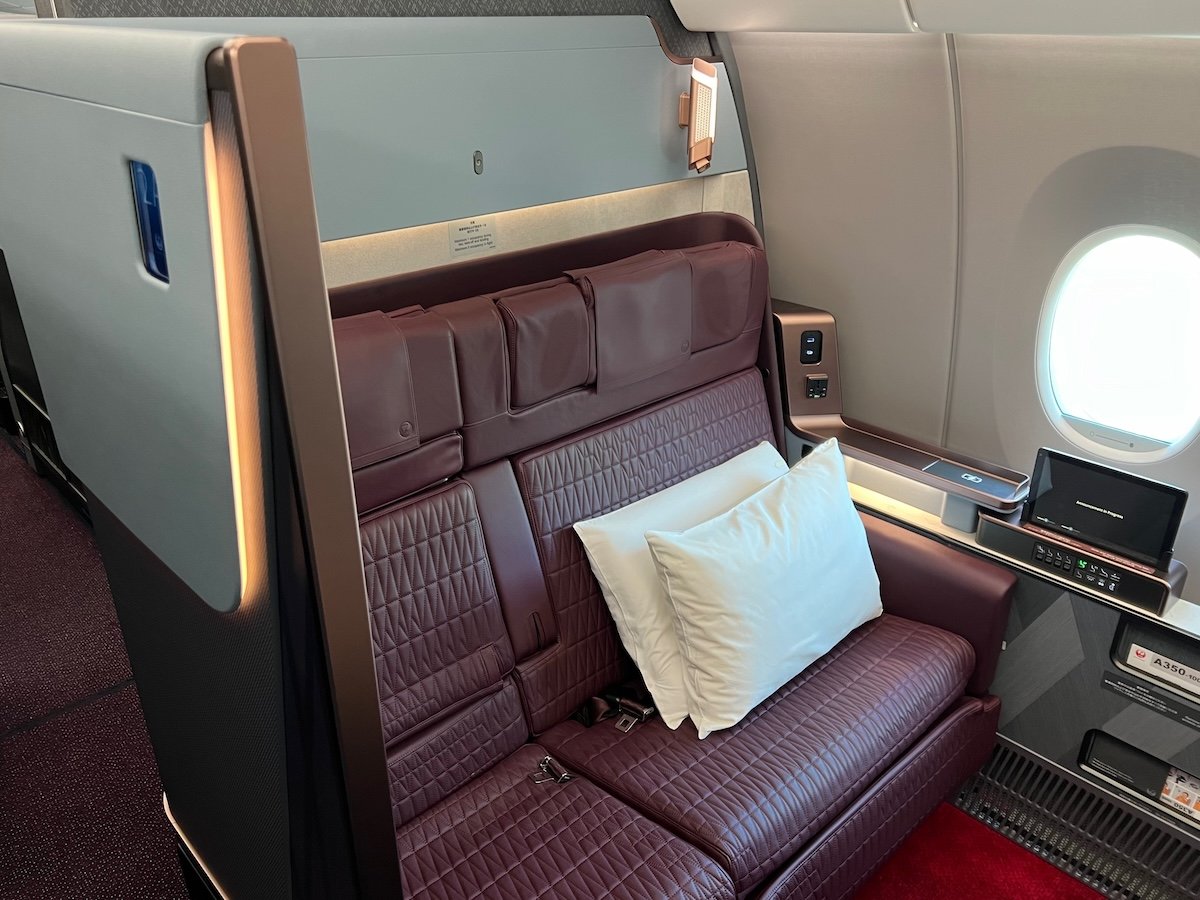
Learn how & where to search award space
Back in the day most airlines didn’t display partner award availability on their websites, making it really tricky to actually search award availability. You often had to book partner awards by phone, and many agents weren’t properly trained in how to book awards.
Fortunately airline websites have improved considerably over the years, making it easier to search award space and ticket reservations with miles. Most airlines will show most partner award availability through their website, though that’s not the case in all situations. Furthermore, if you’re trying to search weeks of availability at a time, some websites are better than others.
If at all possible, try to search award availability for yourself online, rather than phoning up the airline and relying on an agent to help. As far as searching award availability with the “big three” alliances goes:
- For oneworld, I find the websites of Alaska, American, and British Airways, to be best for searching award availability; Alaska and American are especially useful for having calendar views, so you can search availability over time
- For Star Alliance, I find the websites of Air Canada and United to be best for searching award availability; Air Canada is noteworthy for showing all partner awards online, and displaying the most accurate inventory
- For SkyTeam, there’s not really a best website, since SkyTeam airlines tend to only release some award space to partner airlines; I find Air France-KLM Flying Blue to be the most useful SkyTeam program, so I usually search availability through there
There are some other third party websites that are also useful for searching award availability:
- One great resource is point.me, which really simplifies the process of searching award availability and redeeming miles; you can find all the award space that would be bookable based on which transferable points currency you have, and then you’ll be walked through the process of booking
- Another great resource is seats.aero, and in particular the “tools” the site has, where you can see all Lufthansa first class availability, all Qatar Airways business class availability, etc., across routes
You’ll also generally want to be strategic about how you search award availability. For example, if you are planning a long haul award and live near a small airport, maybe look at award availability from other nearby airports. Even look at awards from major international gateways, and then consider booking your ticket separately to that gateway.
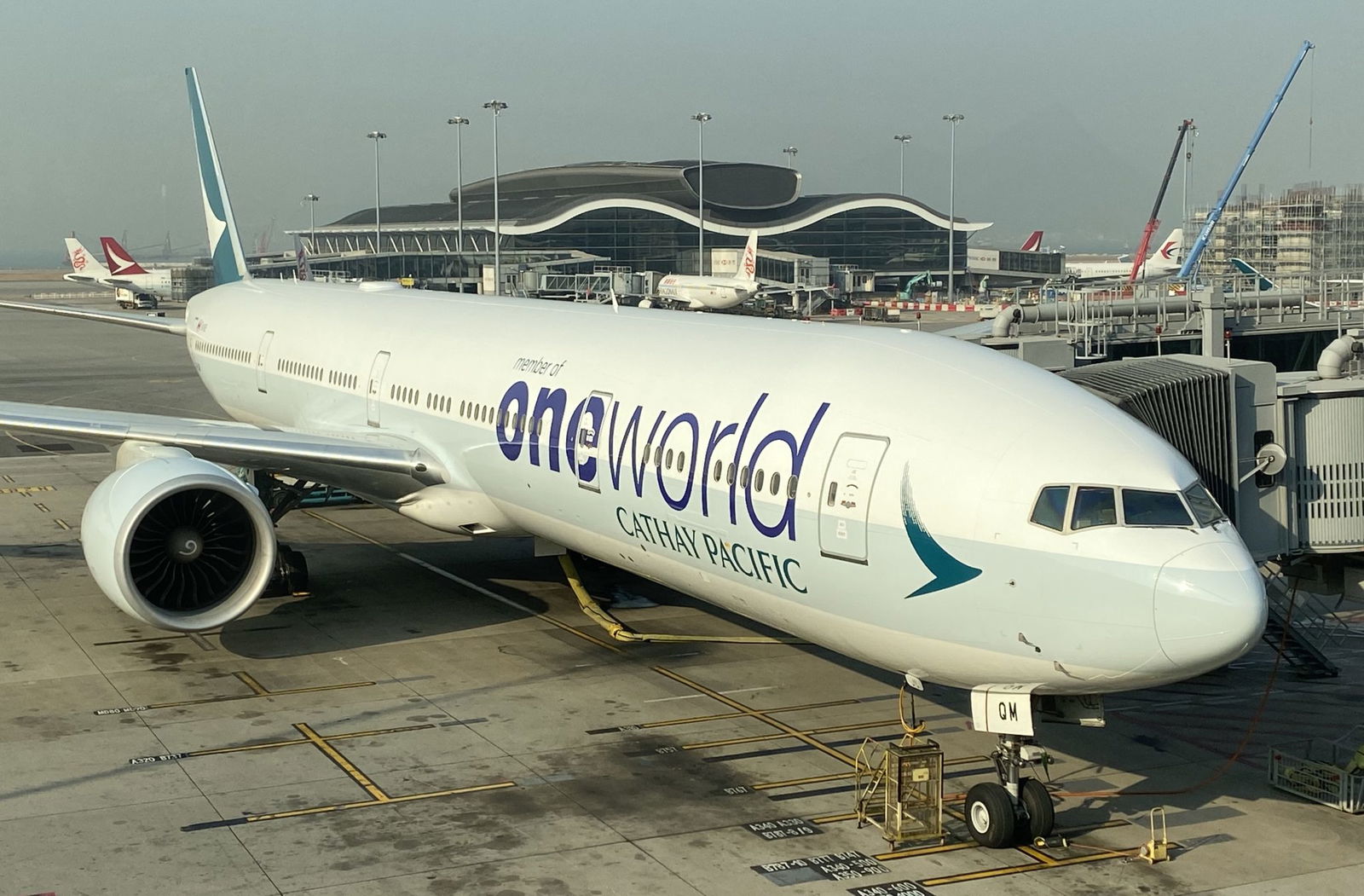
Know when airlines open their schedules
Many people understandably have specific periods where they can travel, perhaps based on school holidays or the ability to take time off work. In those situations, you’re often best off trying to book as soon as the schedule opens.
Airlines all open up their schedules at different times, typically somewhere between 10 and 12 months before departure. Knowing when they open up award space can be the difference between finding award space and not finding award space.
Below is a chart covering when many major airlines open their award calendars.
Airline Loyalty Program | How far in advance you can book |
|---|---|
Air Canada Aeroplan | 355 days |
Air France-KLM Flying Blue | 359 days |
Alaska Mileage Plan | 330 days |
All Nippon Airways Mileage Club | 355 days |
American AAdvantage | 331 days |
Asiana Club | 361 days |
Avianca Lifemiles | 360 days |
British Airways Club | 355 days |
Cathay Pacific Asia Miles | 360 days |
Delta SkyMiles | 331 days |
Emirates Skywards | 328 days |
Etihad Guest | 330 days |
Finnair Plus | 361 days |
Hawaiian Airlines HawaiianMiles | 330 days |
Iberia Club | 330 days |
Japan Airlines Mileage Bank | 360 days |
Korean Air SkyPass | 361 days |
Lufthansa Miles & More | 360 days |
Qantas Frequent Flyer | 353 days |
Qatar Airways Privilege Club | 361 days |
Singapore Airlines KrisFlyer | 355 days |
United MileagePlus | 337 days |
Virgin Atlantic Flying Club | 331 days |
It’s important to understand that airlines don’t release award space in all cabins on all flights, so if you check space the day it opens and there’s nothing available, that doesn’t necessarily mean someone else “beat you to it.”
Some airlines do nowadays have an award space guarantee, where they promise that award seats will be released when the schedule opens. Specifically, British Airways and Virgin Atlantic both have this promise. The catch is that both airlines also have high carrier imposed surcharges on award tickets.
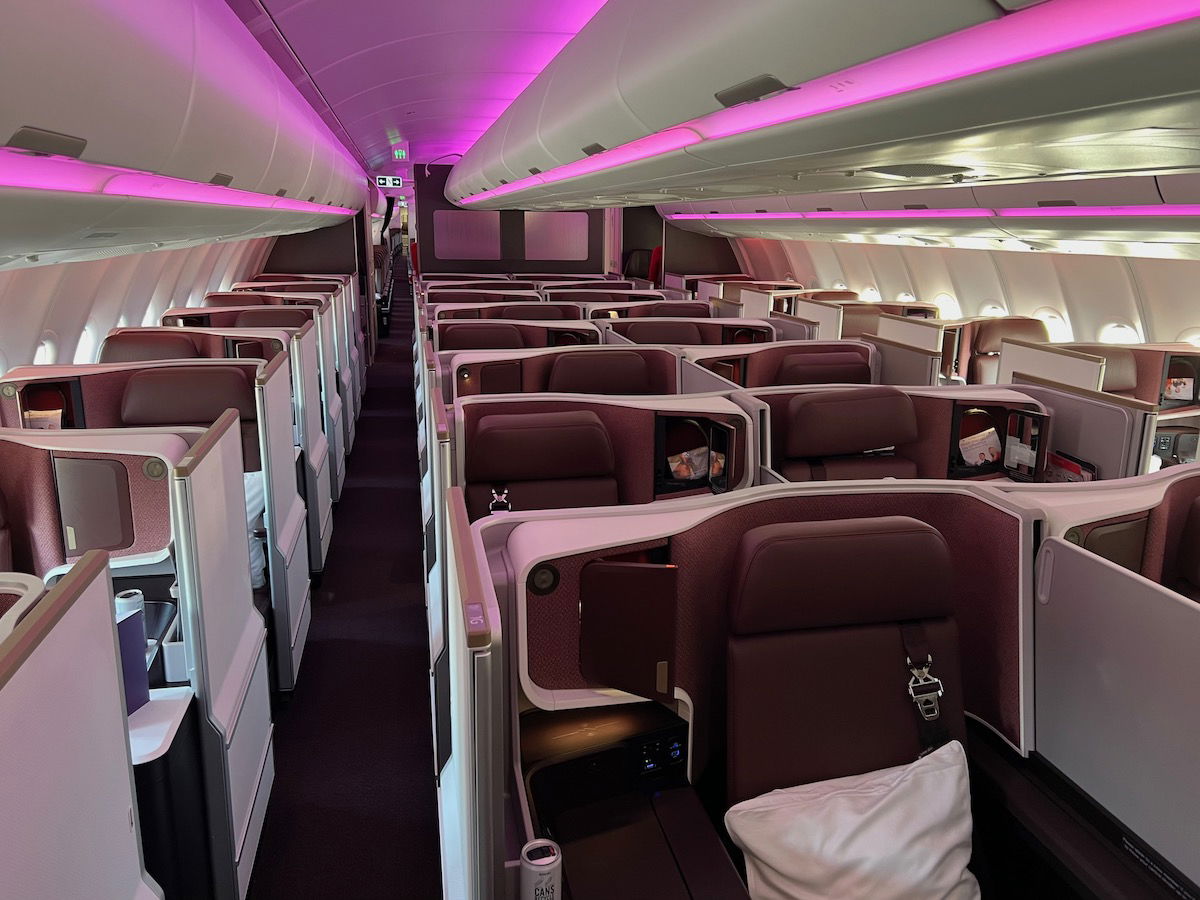
Don’t be afraid to book last minute
This is probably the single greatest trick when it comes to finding award space. A lot of people assume that airlines release award space right when the schedule opens, and then don’t release any after that.
Quite to the contrary, many airlines release the most award space last minute, when there are unsold seats that would otherwise likely go out empty. While these tickets might often cost the most when paying cash (since airlines assume these seats are booked by business travelers), they can be a great deal with points.
Admittedly this doesn’t work for many peoples’ schedules. However, if you’re feeling spontaneous and want to travel to Europe for the weekend in comfort, airline miles can make that happen pretty efficiently at the last minute.
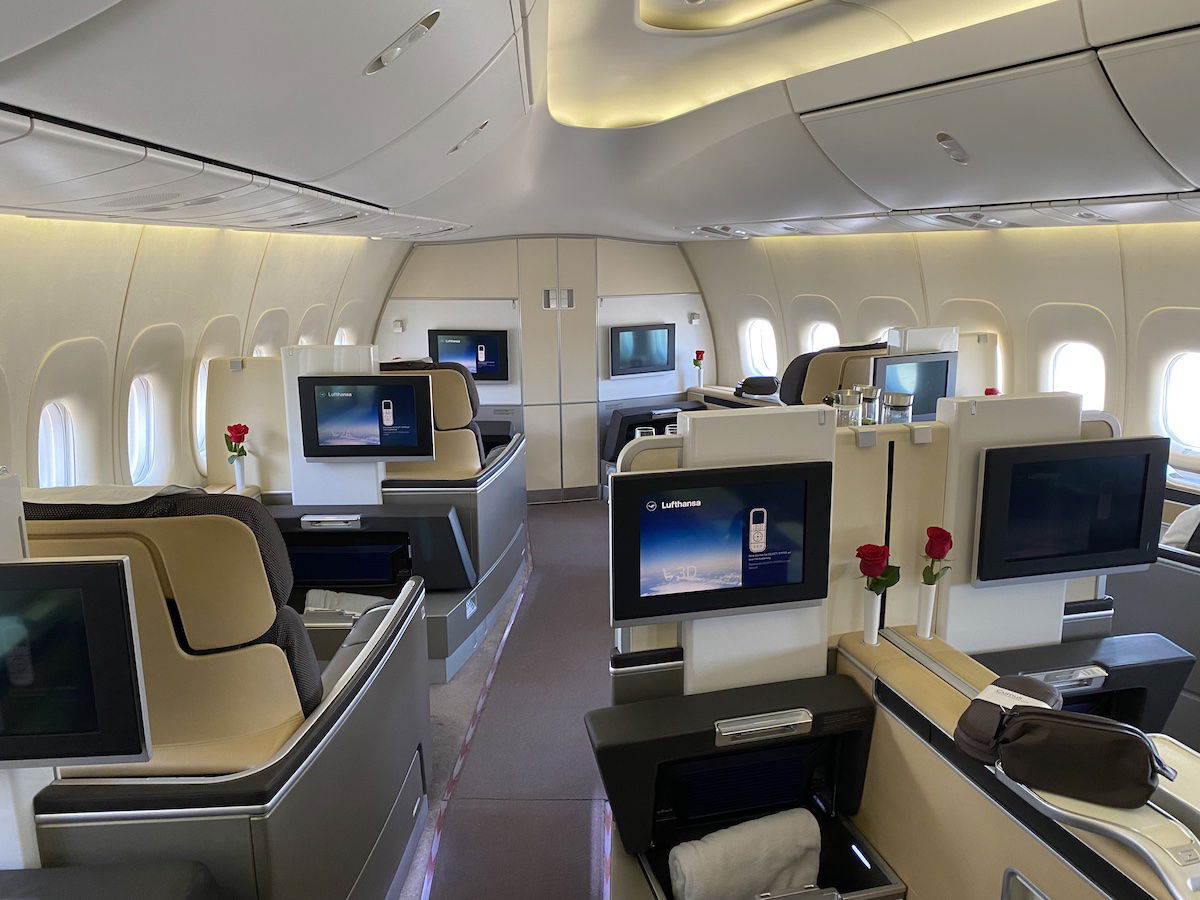
Be flexible & spontaneous with travel
I know this sounds obvious and for many people is the reason they don’t like miles, but you do have to be a bit flexible if you want to book award tickets. Rather than looking at needing to be flexible as a huge obstacle, keep in mind just how much value you can get out of miles if you’re redeeming them properly.
While it might be a pain to be flexible on dates when you’re trying to redeem miles for a one-way ticket between Los Angeles and San Francisco, hopefully we can look at it a bit differently if we’re talking about redeeming miles for business class between Los Angeles and Singapore, for example.
I’m also not suggesting that you should decide where you’re going to travel based on where there’s award space, but I do tend to think it can be a fun motivator at times. We all have a bucket list of destinations we’d like to visit, so if you see a bunch of award availability open up to a destination that has been on your list (but maybe not at the very top), that could be worth considering.
Just as an example, Fiji Airways has historically been stingy with business class award space. However, in 2022 the airline released a ton of business class award space between Los Angeles and Nadi, and hundreds of people took advantage of that. I imagine most people weren’t planning to go to Fiji before that space opened up, but they ended up having a great time.
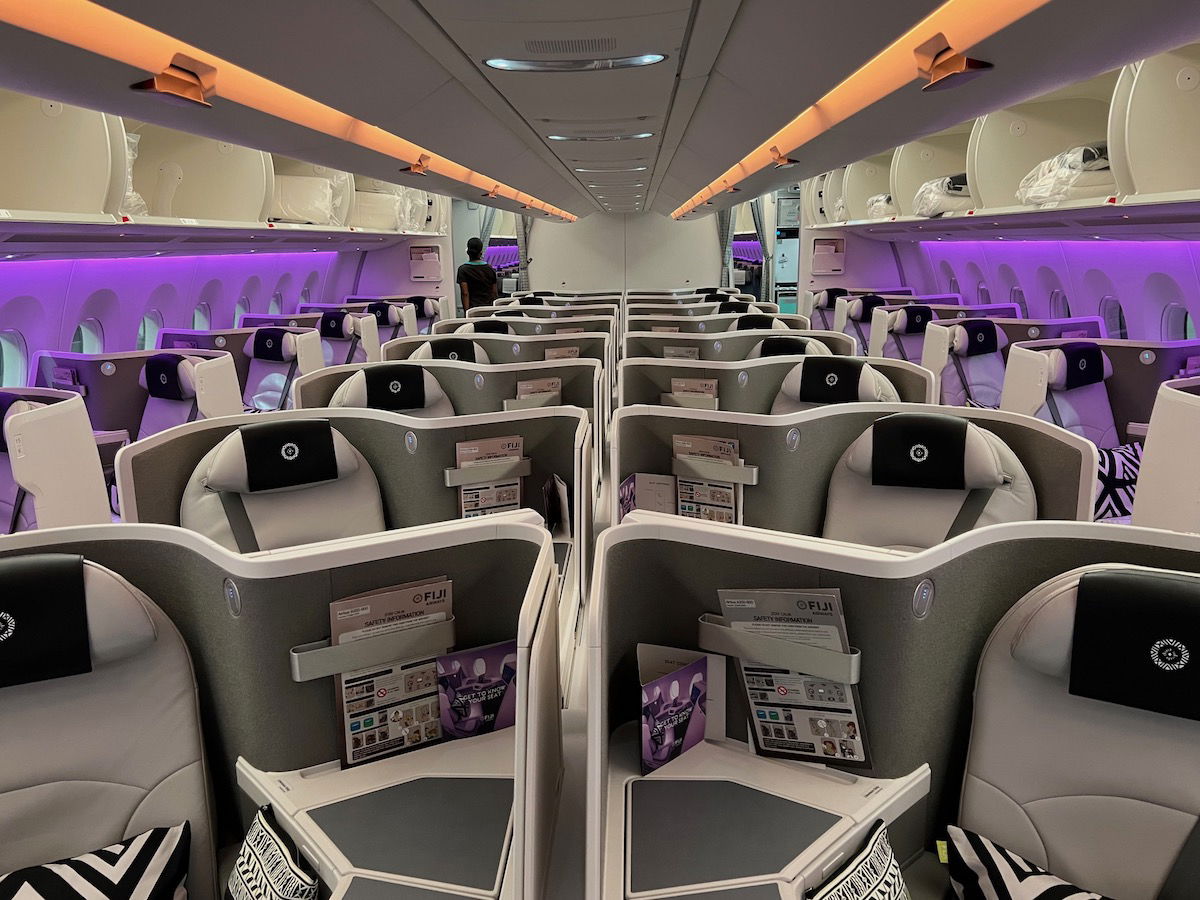
Read trip reports before booking
Not all first & business class experiences are created equal. Assuming you have a choice of products at the same mileage level, I suggest reading some online reviews and trip reports of the airlines before making a booking.
For example, if your goal is to fly international first class, you’re going to have a very different experience flying American Airlines’ Boeing 777 first class than you’ll have flying Singapore Airlines’ A380 Suites.
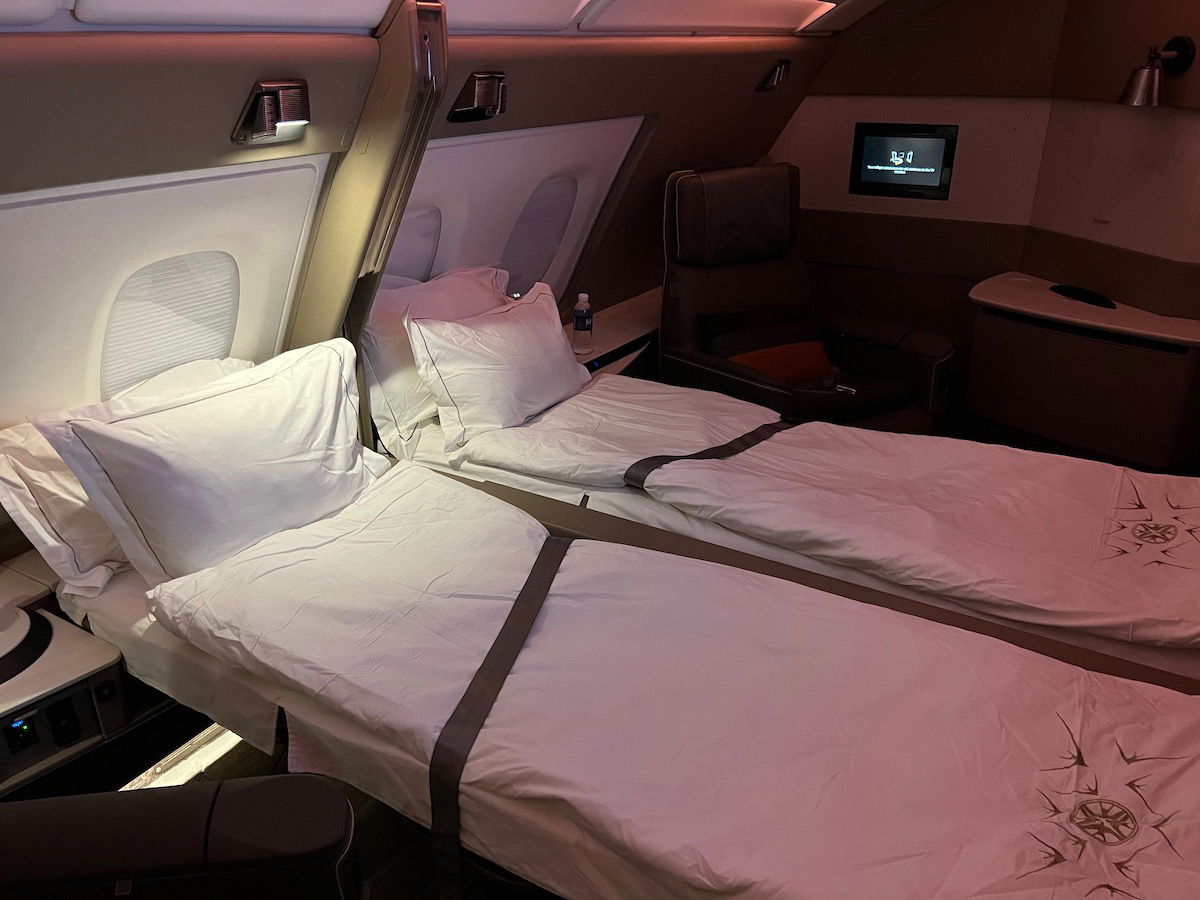
Study award change & redeposit fees
Thanks to the pandemic, airlines offer a lot more flexibility than they used to, including with award tickets. Airlines have vastly different fees when it comes to changing and cancelling award tickets, and those policies are worth being aware of.
Why does it matter so much? Maybe you want to lock in a great award tickets 11 months in advance, but you’re not 100% sure you’ll be able to take the trip. You might not want to lock in that award if the cancelation fee were $200 per person, while if you could cancel it for free, maybe it would be worthwhile.
So when at all possible, book with programs that have low or no change and cancelation fees, since that gives you a lot more flexibility, and can save you lots of money.
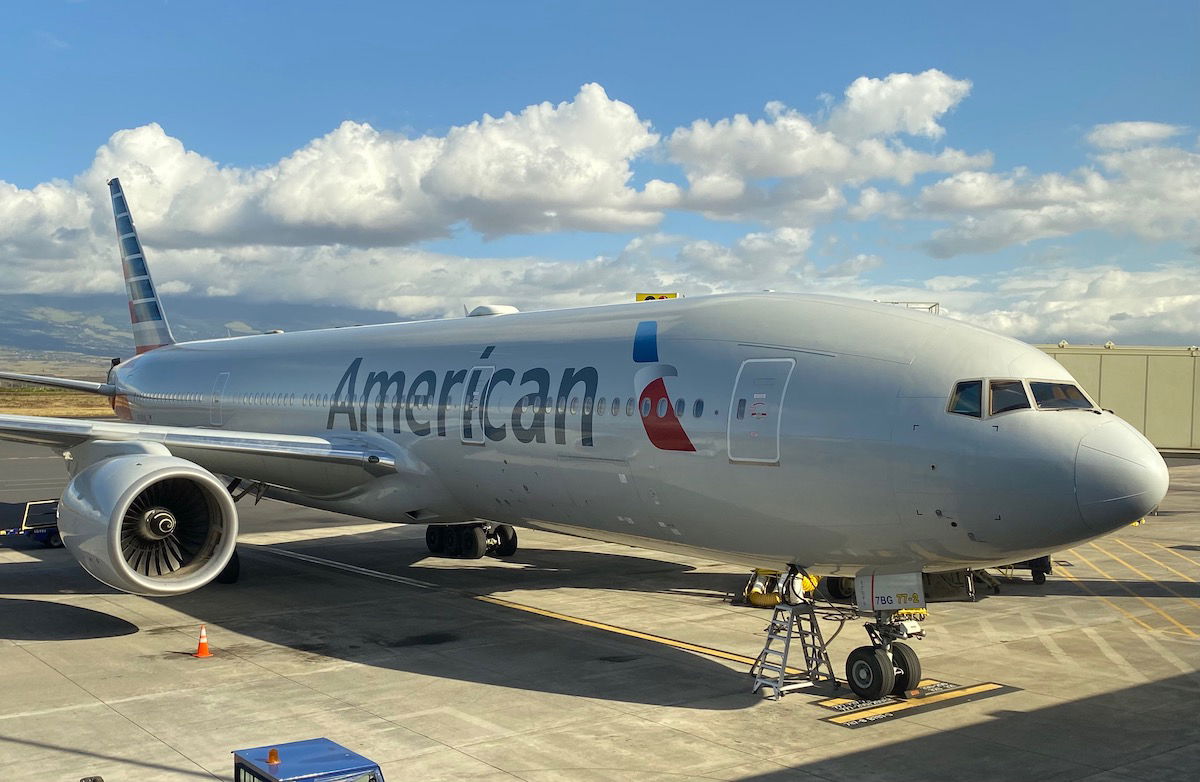
Accept that miles aren’t ideal for everyone
Everyone has different travel goals. Some couples may want to travel to Thailand in business class, while some families may want to travel to Orlando for spring break. Both kinds of travel are great, but miles & points won’t get you equal value there.
The fact is that traditional mileage currencies can get you great value on long haul, international tickets, as well as first and business class tickets. However, if you’re wanting to travel domestically in economy on specific dates, you’re usually going to be better off earning cash back (or a cash back equivalent points currency) instead.
It’s important to view credit card rewards in terms of opportunity cost. Some people are best off getting something like the Citi Double Cash® Card (review), which offers 1% cash back when you make a purchase and 1% cash back when you pay for that purpose (in the form of ThankYou points). By the time you’ve paid your bill, you’re earning two cents back for each dollar spent.
Accruing that cash back and then being able to redeem it toward whatever travel experience you’re eyeing (or anything else) could be a good option as well, especially if you just want to travel domestically and don’t have much flexibility.
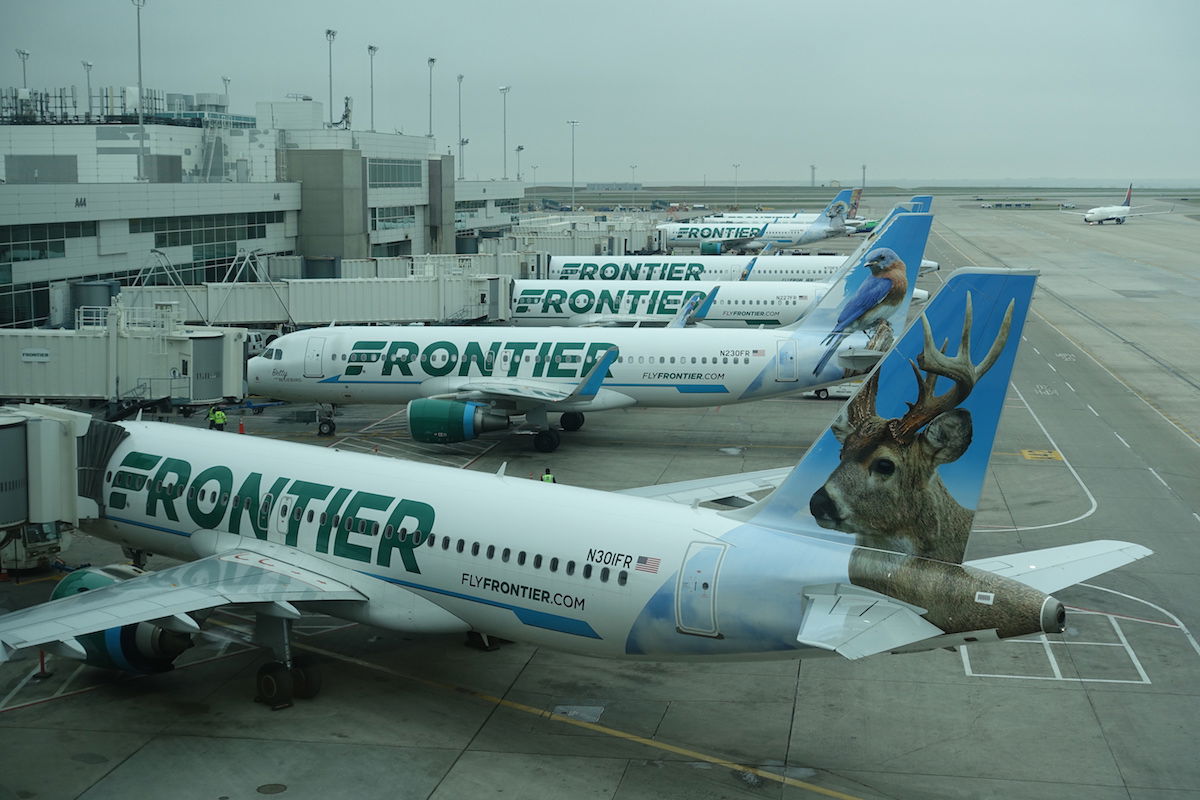
Bottom line
There’s a learning curve to efficiently redeeming airlines miles & points, but the rewards can potentially be huge. International first & business class tickets are attainable with a bit of effort, just by maximizing credit card rewards. The above are some of my top tips to make sure you’re getting the best value.
Do you have any tips for redeeming miles & points that I haven’t mentioned?
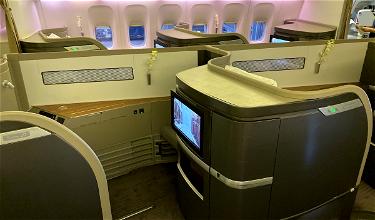

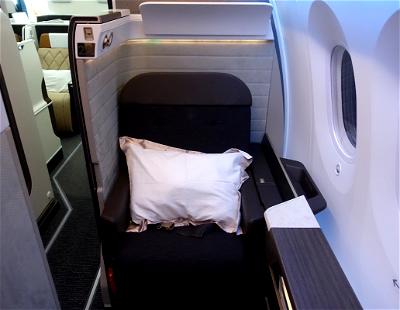
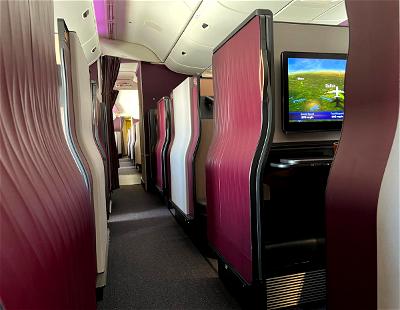
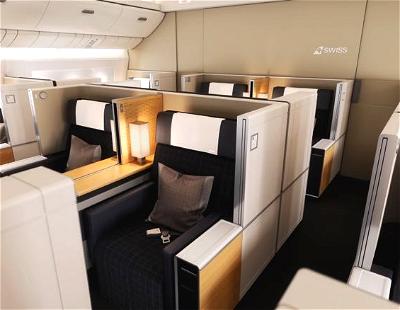
What other websites are good to check besides SeatSpy (mentioned in comments)?
Good article, but you did not mention anything about the comvenience of using miles to reserve seats.
Aeroplan points redemption in Business Class are absolutely obscene. Canada to Europe one way 200-450K. Really takes the shine off Aeroplan.
That is probably due to the dynamic pricing of award seats on Air Canada-operated flights. The award seat pricing of partner flights is much more reasonable because partner award tickets are priced based on distance, origin, and destination.
What if I have already purchased a business class ticket and want to upgrade to first. This is for a flight from NRT to ORD on ANA
If you have a planned trip 6 months in advance, & you find some good (cash) deals. Are you going to buy it outright, so to have a peace of mind? Or keep watch every single day (if not hours) to get a unicorn flat bed deal which always circulated in the points/miles community but (likely) only occurs a week before your planned departure? Of course you can cancel the original trip you buy in...
If you have a planned trip 6 months in advance, & you find some good (cash) deals. Are you going to buy it outright, so to have a peace of mind? Or keep watch every single day (if not hours) to get a unicorn flat bed deal which always circulated in the points/miles community but (likely) only occurs a week before your planned departure? Of course you can cancel the original trip you buy in cash, but it will only leave you 6 month to use that flight credit.
That's the same predicament for 99.99% of the population (if not more) who do not have the luxury to just call days (weeks) off on the coming weekend.
Most airlines will discount seats for many various reasons, also various times. Purchasing early is not ALWAYS the best strategy. Sometimes but rarely. I wouldn't know this or even comment but I'm an airline pilot, so I know all of their tricks of the trade. Lol.. If you ever need advice that I possibly can help with, let me know. Thank you for listening & God bless! Safe travels!
About buying a ticket with plenty of advance, be careful, because the ticket's validity is in 99% of airlines is 1 year from the ticket being issued, so if you buy a ticket (with either cash or miles) with 11 months in advance you can only make changes advancing the travel date, and could only postpone it to complete the return up to 1 year of the ticket issuing, up to 30 days.
Any tips for non-USA people on getting so many miles? We don’t have all that credit card freebies uou get there unfortunateky.
USA residency required to play the game. Sorry!
Great post, but with Ex U.K. YQ charges and APD it’s getting very expensive redeeming miles.
Fly via a third country. e.g. if in the UK, fly to AMS, CDG, MAD etc. and spend a night there (with a FNA of course!) It can actually be cheaper to fly to, say CDG, pay for a hotel, then fly back thru the UK in transit with the taxes saved more than paying for the hotel, meal etc in Paris
Good post. I would probably add SeatSpy to the list of must-view websites for the points game.
“Be flexible & spontaneous with travel”
Assumes your kid(s) aren’t locked into real school schedules/ college resume building activities. Interested to see how Ben handles this once his son is into them.
The Doubts are now empty nesters, and finding flights with points just got a lot easier.
Just takes planning in advance. Done it successfully for years. It helps a lot that some airlines guarantee award space.
Air Canada no longer shows ANA awards, and it’s not possible to use Aeroplan miles to book ANA, even over the phone.